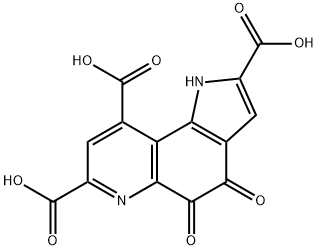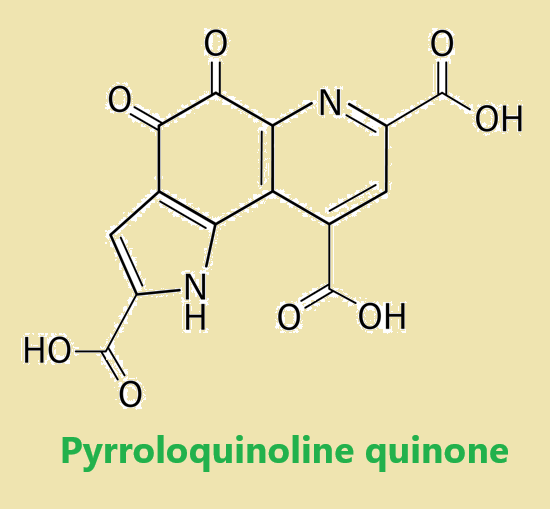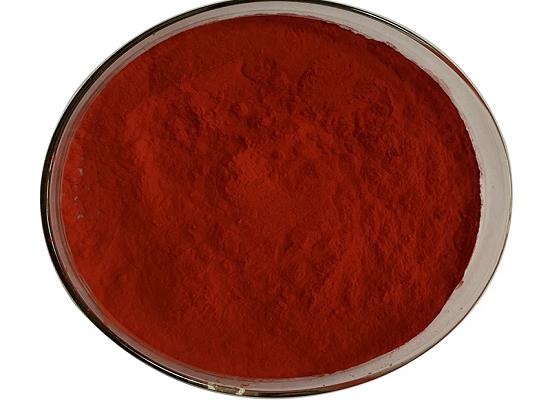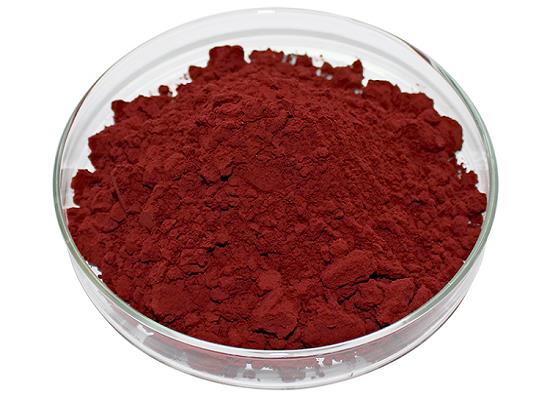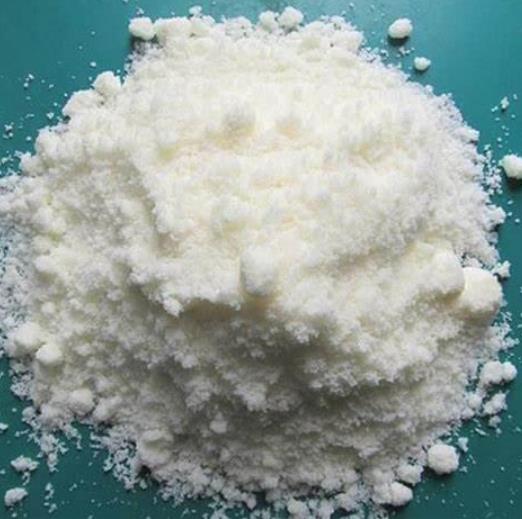Pyrroloquinoline Quinone: A Comprehensive Overview
Pyrroloquinoline quinone (PQQ) is a compound found ubiquitously in plants, many simple and single cell eukaryotes (e.g., yeast), and certain bacteria.
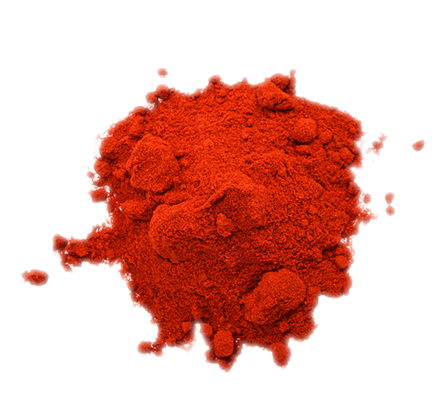
Related studies of Pyrroloquinoline quinone
Early studies in mice and rats revealed that diets deficient in PQQ resulted in growth impairment, compromised immune response, abnormal reproductive performance, and metabolic inflexibility. The first suggestions that PQQ is biologically relevant evolved from observations that some bacterial dehydrogenases utilized cofactors other than those derived from pyridine or flavin derivatives as redox catalysts. Hauge8 was the first to report that the glucose dehydrogenase in Bacterium anitratum contained a novel redox prosthetic group.
Synthesis of Pyrroloquinoline Quinone
A novel aspect of PQQ is its biosynthesis in bacteria from a ribosomally translated precursor peptide, PqqA (UniProt P27532). A glutamic acid and a tyrosine in PqqA are cross-linked by the radical SAM enzyme PqqE (P07782) with the help of PqqD (P07781) in the first step of PqqA modification. A protease then liberates the Glu-Tyr molecule from the peptide backbone. PqqB (P07779) oxidizes the 2 and 3 positions on the tyrosine ring, forming a quinone which quickly becomes AHQQ, finishing the pyridine ring. PqqC (P07780) then forms the final pyrrole ring.1
Applications of Pyrroloquinoline Quinone
Pyrroloquinoline quinone which was originally called methoxatin118 and is now commonly called PQQ56 is an endogenous cofactor. A wide range of bacterial enzymes has been shown to possess tightly but noncovalently bound PQQ as a cofactor. Several other PQQ-dependent enzymes have been characterized, which use as substrates a variety of alcohols, sugars, and aldehydes. The importance of PQQ to human metabolism and nutrition is a topic of controversy. PQQ has invoked considerable interest because of its presence in foods, its antioxidant properties and its role as a growth-promoting factor. Oral supplementation of PQQ in nanomolar amounts has been shown to increase the responsiveness of B- and T-cells to mitogens and to improve neurologic function and reproductive outcome in rodents.
[1]Zhu, W; Klinman, JP (December 2020). "Biogenesis of the peptide-derived redox cofactor pyrroloquinoline quinone". Current Opinion in Chemical Biology. 59: 93–103.
References:
[1] WEN ZHU J P K. Biogenesis of the peptide-derived redox cofactor pyrroloquinoline quinone[J]. Current Opinion in Chemical Biology, 2020, 59: 1-204. DOI:10.1016/j.cbpa.2020.05.001.You may like
Related articles And Qustion
Lastest Price from Pyrroloquinoline quinone manufacturers

US $0.00-0.00/kg2025-08-19
- CAS:
- 72909-34-3
- Min. Order:
- 1kg
- Purity:
- ≥98%(HPLC)
- Supply Ability:
- 2tons

US $0.00-0.00/g2025-05-21
- CAS:
- 72909-34-3
- Min. Order:
- 100g
- Purity:
- 99%
- Supply Ability:
- 50kg
